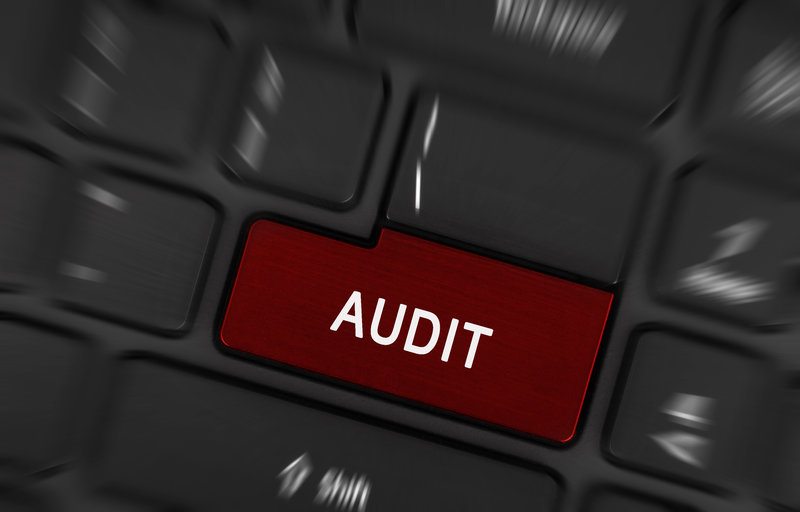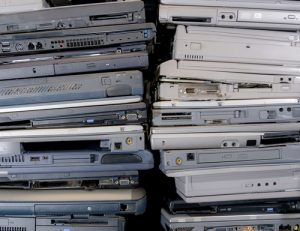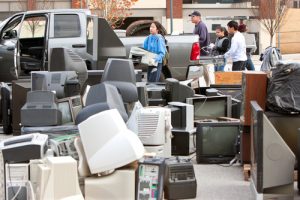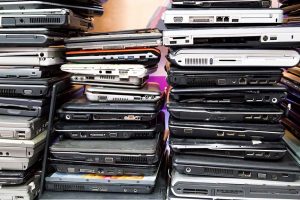 Industry consolidation and soft metal and plastics markets resulted in a decline in membership by e-scrap processors in the last year in the Institute of Scrap Recycling Industries.
Industry consolidation and soft metal and plastics markets resulted in a decline in membership by e-scrap processors in the last year in the Institute of Scrap Recycling Industries.

 Industry consolidation and soft metal and plastics markets resulted in a decline in membership by e-scrap processors in the last year in the Institute of Scrap Recycling Industries.
Industry consolidation and soft metal and plastics markets resulted in a decline in membership by e-scrap processors in the last year in the Institute of Scrap Recycling Industries.
 A recent write-up from a U.K. electronics trade group leader makes a cogent argument for why electronics engineers have a key role to play in ensuring devices are repairable and recyclable.
A recent write-up from a U.K. electronics trade group leader makes a cogent argument for why electronics engineers have a key role to play in ensuring devices are repairable and recyclable.
 Auditors have started conducting surprise visits of R2-certified facilities outside North America to see whether they’re following R2 standards. Continue Reading
Auditors have started conducting surprise visits of R2-certified facilities outside North America to see whether they’re following R2 standards. Continue Reading
 Electronics recycling supports 920 jobs and injects more than $200 million into the Texas economy, researchers estimate.
Electronics recycling supports 920 jobs and injects more than $200 million into the Texas economy, researchers estimate.
 Data detailing the global generation and flow of e-scrap is in draft form and will be published within the next couple months, according to the Bureau of International Recycling (BIR).
Data detailing the global generation and flow of e-scrap is in draft form and will be published within the next couple months, according to the Bureau of International Recycling (BIR).

Regulators in California are studying a number of legislative fixes to the nation’s longest-running e-scrap program, including expanding the existing consumer-funded model or going with a more commonly used system financed by OEMs.
 A European project will release a data platform providing a wealth of information on changes in the end-of-life stream. The particulars can help processors better recover commodities from scrap electronics.
A European project will release a data platform providing a wealth of information on changes in the end-of-life stream. The particulars can help processors better recover commodities from scrap electronics.
 Seven e-scrap entities have been accused of questionable downstream practices by the Basel Action Network, after tracking devices showed they were involved in moving materials that were eventually exported to developing countries.
Seven e-scrap entities have been accused of questionable downstream practices by the Basel Action Network, after tracking devices showed they were involved in moving materials that were eventually exported to developing countries.
 A battery stewardship group in North America has launched a campaign with information on collecting and shipping batteries safely.
A battery stewardship group in North America has launched a campaign with information on collecting and shipping batteries safely.
 Researchers are gathering information about the global generation and flow of e-scrap, and they plan to publish their findings in November.
Researchers are gathering information about the global generation and flow of e-scrap, and they plan to publish their findings in November.
